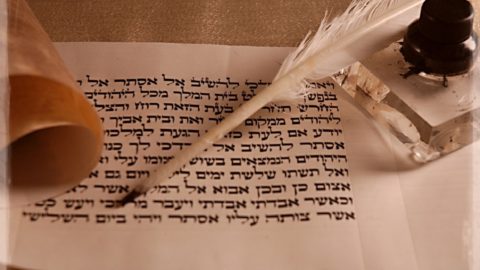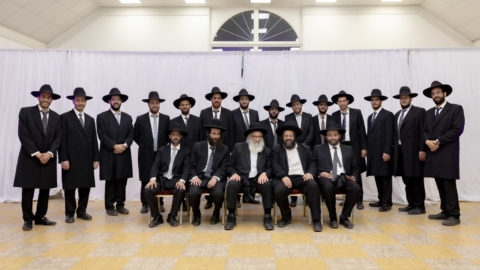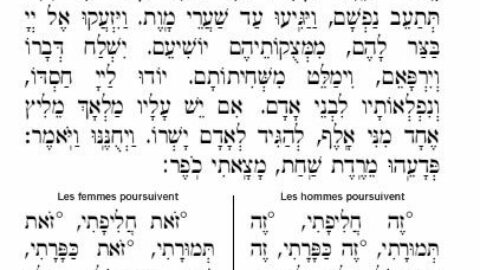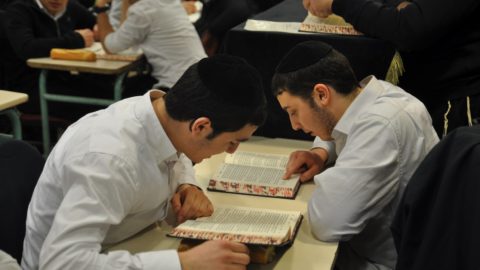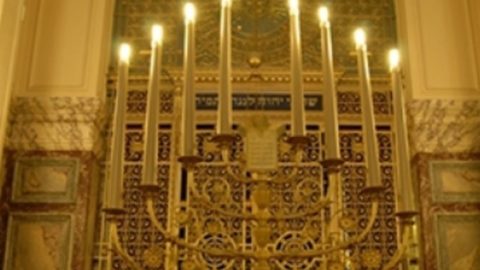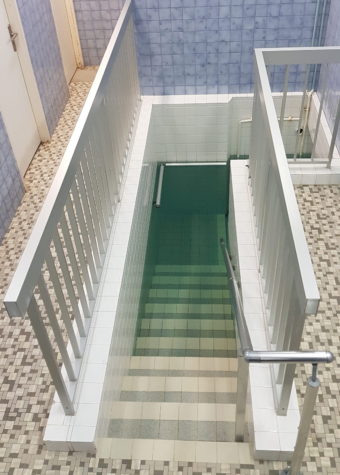
A luxurious mikveh at your disposal
A modern Mikvah looks like a miniature pool. However, despite its ordinary appearance, the Mikvah holds a central place in Jewish life and law. The Mikvah offers the individual, the community, and the entire Jewish people the most remarkable gift: purity and holyness.
Its extraordinary power, however, depends on its construction in accordance with the many and complex laws of the Hala’ha, Jewish law.
Natural expanses of water such as oceans, rivers, springs and lakes are Mikvés in the most primitive state. They contain water from divine sources and therefore, according to tradition, have the power to purify.
Created even before the earth took shape, these natural pools have always been prepared for consecration. They also pose difficulties: these waters are sometimes difficult to access, dangerous, often extremely cold, besides the obviously difficult of isolate them.
This is why Jewish life requires the building of Mikvés (“basins”) and this is indeed what has been done by Jews in all times and places.
The use of the mikvah is mentioned four times in the Torah, it is important to remember them in order to understand why it is so valuable.
- The woman Nidda (unclean), at the end of her menstrual cycle the woman will dip in the mikveh (after counting 7 clean days, the “sheva nekiyim”), she will then be allowed to her husband. This is a very heavenly notion that is very important, so being careful of the Nidda period gives the woman many virtues.
- Conversion. Anyone wishing to become a Jew will have the duty at the end of conversion to immerse himself in mikvah, a condition of “purification” before entering a new life as a Jewish man or woman.
- The kasherisation of the dishes. Any utensil manufactured abroad by non-Jews must be soaked (with the exception of plastic dishes)
- Ritual purification, daily or regular. As the Shulhane Aruh (collection of Jewish laws of Rabbi Yosef Caro) specifies, to get closer to Hashem for purity, some men dip in the mikve daily or regularly as the eve of holidays (Rosh Hashana, Yom Kippur )
At Yom Kipour, the holiest day of the year, the Cohen Gadol (the High Priest) was to enter the holiest place in the world, the Kodech Hakodachim, the Holy of Holies, the innermost place in the world. Temple, in which no other mortal had the right to enter. It was the most dramatic moment of a day that saw the successive stages of an intense spiritual ascent: each of these stages was preceded by an immersion in the Mikvah.

Portable receptacles such as bathtubs, whirlpools or jacuzzis can not become Mikvés. The mikveh must contain at least about 1000 liters of rainwater that would have been collected and conducted in the Mikveh Basin according to very specific rules. In fact, most Mikvés consist of two basins, sometimes three, adjacent.
While rainwater is kept in a pond, the adjacent pond is emptied and filled regularly with tap water. The basins are separated by a wall in which there is a hole of at least 5 cm in diameter. The free movement (also called Hashaka, hugging …) between the waters of the two basins makes the water of the immersion basin becomes an extension of the natural rainwater and thus gives this basin the legal status of Mikvé.
We have already mentioned that the function of the Mikvah is not to strengthen hygiene: the Mikvah fulfills a spiritual function. Jewish life is imbued with the notion of Havdalla : separation, distinction.
On Saturday night, as the Sabbath comes to an end and a new week begins, Jews are reminded that there are limits to all aspects of their lives. On a glass of wine, the Jew blesses Gd who “distinguishes between the sacred and the profane, between light and darkness, between Israel and the nations, between the seventh day and the six days of work …” , the literal translation of the Hebrew word Kodehs, most often translated as “holy,” is: separate, apart from others for a single purpose, consecration.
In many ways, the Mikvah is the step that separates the layman from the sacred, but it is even more than that. Quite simply, immersing in the Mikveh marks a change of status, better yet: an elevation. It’s uniqueness lies particularity in it’s ability to literally transform to metamorphose! Utensils that previously could not be used can now be used for the holy act of eating as a jew.
A woman who, since the beginning of her period, was in a state of Nidda, separated from her husband, may, after immersion, be reunited with him in the holiest intimacy. Men and women of the time of the Temple, who were kept apart because of various forms of ritual impurity, could, after immersion, return to the House of Gd and become involved in the process of sacrifices and enjoy the unique revelations of this place.
The case of the convert is even more extraordinary: the individual who descends into the Mikvah as a non-Jew emerges as a Jew.
-
Ski 2021
Chers amis, Cette année encore, la Yéchiva Beth Yossef de Bussières s’apprête à offrir à ses étudiants un...
-
Mezouza
We offer a service of purchase, verification and repair of your scrolls. We are also at your disposal to...
-
Wedding
A pious and experienced Rabbi at your service for your Hupa How is it going to happen ? When...
-
Kollel
A Torah kneaded from fear of heaven The kollel brings together the avrechim from the Yeshiva after they have...
-
Kapparot
BETH YOSSEF Yeshiva offers you to do your kapparots with the rosh yeshiva Rav Nathan Yabra chlita Before the day...
-
-
-
Torah Classes
The first allusive source for this mitzvah is in the Torah, Deuteronomy 6, 7: "And you shall teach it...
-
-
Yeshiva
Rabenou Guershon founded the Ohr Yosef Institution in 1948. This institution currently has a Jewish school in Paris, a Beth...




